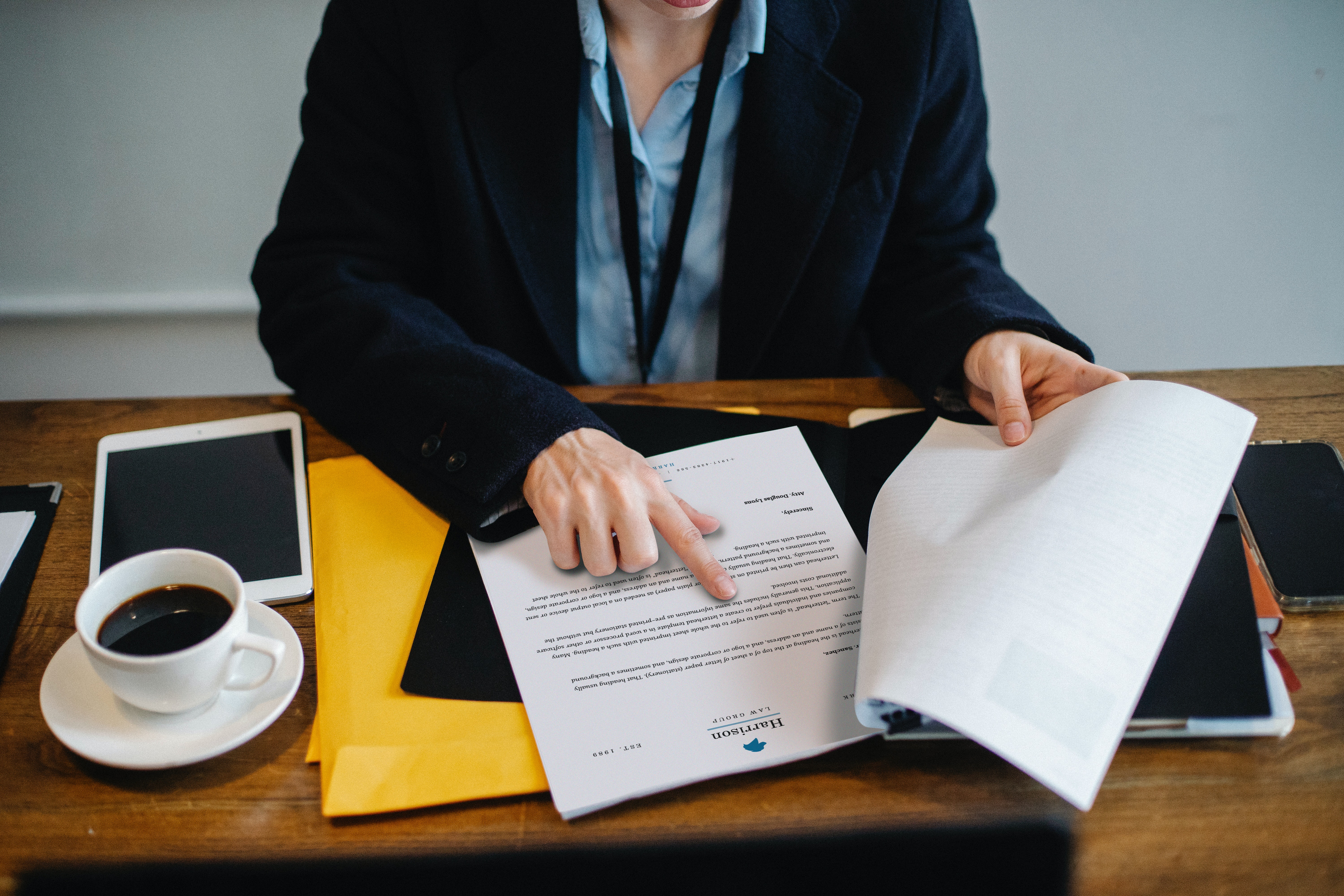How to Navigate the Legal and Regulatory Landscape for Startup Investments in Southeast Asia
Startup Investments Southeast Asia

Southeast Asia is a vibrant and rapidly-growing region that is home to some of the world's fastest-growing economies. As a result, it is an attractive destination for startups and investors looking to tap into the region's potential. However, navigating the legal and regulatory landscape can be challenging, especially for first-time investors. In this article, we will discuss the key legal and regulatory considerations that investors need to keep in mind when investing in startups in Southeast Asia.
Choose the right investment structure
The first step in navigating the legal and regulatory landscape for startup investments in Southeast Asia is to choose the right investment structure. There are several investment structures available, including equity, debt, and convertible debt.
Equity is the most common investment structure, where investors receive ownership in the startup in exchange for their investment. Debt involves lending money to the startup, and investors receive interest payments on their investment. Convertible debt is a hybrid of equity and debt, where investors lend money to the startup, but the debt can be converted into equity at a later stage.
It is important to choose the right investment structure based on the startup's needs and the investor's goals. Equity is usually the best option for investors looking to take an active role in the startup's operations, while debt is suitable for investors looking for a passive investment.
Understand the local laws and regulations
Southeast Asia is home to a diverse range of legal systems, each with its own set of laws and regulations. Investors must familiarize themselves with the local laws and regulations to avoid any legal issues.
In some countries, such as Singapore, Malaysia, and Indonesia, there are specific laws and regulations governing startup investments, including tax incentives and startup-friendly policies. Investors must ensure they comply with these regulations to avoid any penalties.
Investors must also be aware of any restrictions on foreign ownership or investment in certain sectors. For example, in Indonesia, foreign investment in certain sectors, such as retail, agriculture, and healthcare, is restricted. Investors must ensure they comply with these restrictions to avoid any legal issues.
Conduct due diligence
Before investing in a startup in Southeast Asia, investors must conduct due diligence to ensure the startup is viable and has a sound business plan. Due diligence should include a review of the startup's financial statements, business model, management team, and legal structure.
Investors should also conduct background checks on the startup's founders and key executives to ensure they have the necessary experience and skills to execute the business plan. Due diligence can help investors identify any potential red flags or risks and make an informed investment decision.
Seek professional advice
Investors should seek professional advice when investing in startups in Southeast Asia. This can include legal, tax, and financial advice.
A lawyer can help investors navigate the local legal and regulatory landscape, ensure compliance with local laws and regulations, and draft legal documents such as investment agreements and shareholder agreements.
A tax advisor can help investors navigate the local tax landscape, ensure compliance with local tax laws, and minimize tax liabilities.
A financial advisor can help investors evaluate investment opportunities, analyze financial statements, and make informed investment decisions.
Understand the cultural and business landscape
Southeast Asia is home to a diverse range of cultures and business practices. Investors must understand the cultural and business landscape to effectively navigate the region's startup ecosystem.
For example, in some countries, such as Indonesia and Thailand, relationships and personal connections play a crucial role in business. Investors must be willing to build relationships and establish trust with local partners and stakeholders.
Investors must also be aware of the local business practices and customs, including negotiation tactics, gift-giving, and communication styles. Understanding the cultural and business landscape can help investors build relationships, avoid misunderstandings, and make informed investment decisions.
In conclusion, navigating the legal and regulatory landscape for startup investments in Southeast Asia requires careful consideration of various factors, including investment structure, local laws and regulations, due diligence, seeking professional advice, and understanding the cultural and business landscape. By taking these steps, investors can minimize risks and maximize their chances of success in the region's startup ecosystem.
Contact WOWS Global today to learn more about our services and how we can help you grow your business. As a global consulting firm with expertise in legal, tax, and financial advisory, we can provide you with the necessary guidance to navigate the legal and regulatory landscape in Southeast Asia. Our team of experienced professionals can help you identify investment opportunities, conduct due diligence, and ensure compliance with local laws and regulations. Contact us at contact@wowsglobal.com to learn more.
Related Posts
-

Retail Investors AI Startups Southeast Asia
Polarlyst: The Thai AI “Co-Pilot” Bringing Institutional-Style Research to Retail Investors
Polarlyst is a Thai AI-driven investing “co-pilot” turning complex financial data into clear, actionable insights for retail investors. In this WOWS Global spotlight, we break down why they stand out, why they’re worth watching, and what their rise says about the next wave of WealthTech in Southeast Asia. -

Cap Table SEA AI Startups Southeast Asia
The $200M Refill: When Coffee Chains Teach Us About Liquidity
A closer look at Kopi Kenangan’s USD 200M hybrid round—and why mid-journey liquidity, valuation discipline, and payout clarity matter. We break down the mechanics, the incentives, and the playbook for both founders and investors. -

Southeast Asia Healthcare hospitality tech SEA
Huray: The Insurer-Integrated Chronic Care Platform to Watch
Huray builds payer-integrated digital programs for chronic diseases, combining connected devices, coaching, and clinician-backed pathways. With distribution through major insurers and a focus on measurable outcomes, the company is poised to scale across Asia’s rapidly evolving health-care landscape. -

SaaS HealthTech Southeast Asia SEA Fintech
Founders Launchpad: Accelerating the Philippines’ next wave of startups
Founders Launchpad blends capital with hands-on operating support to turn early insights into traction. See why investors are watching this PH pre-seed powerhouse. -

CFO Fractional CFO Southeast Asia SEA Cashflow
Why You Should Not Hire a Fractional CFO
Fractional CFOs can transform a business, but only if founders are engaged, open to challenge, and aiming for scale. This piece breaks down when not to hire one, and outlines how to partner effectively when you do, from strategic involvement and driver-based models to cash discipline and investor-ready reporting. -

VC SEA Startups Southeast Asia Early Stage
Ansible Ventures: Backing Vietnam’s Next Generation of Builders
Ansible Ventures is a Vietnam-first, early-stage VC backing software-first founders at pre-seed to pre-Series A. See their thesis, notable bets, and how WOWS can connect you via warm, qualified introductions.
